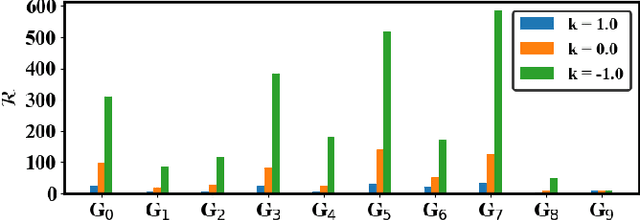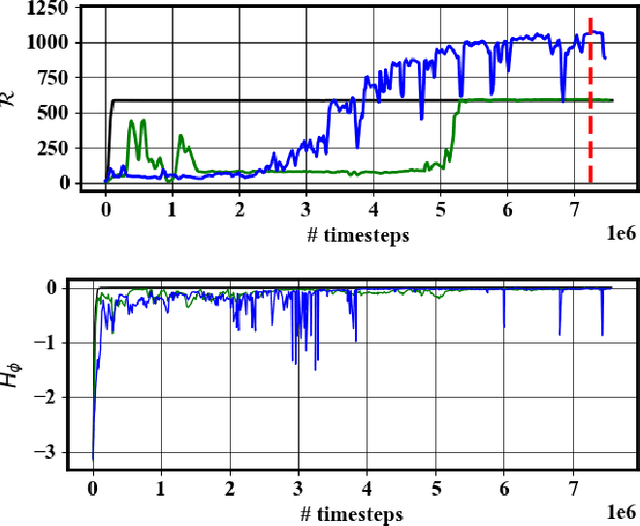Discovery of False Data Injection Schemes on Frequency Controllers with Reinforcement Learning
Paper and Code
Aug 30, 2024



While inverter-based distributed energy resources (DERs) play a crucial role in integrating renewable energy into the power system, they concurrently diminish the grid's system inertia, elevating the risk of frequency instabilities. Furthermore, smart inverters, interfaced via communication networks, pose a potential vulnerability to cyber threats if not diligently managed. To proactively fortify the power grid against sophisticated cyber attacks, we propose to employ reinforcement learning (RL) to identify potential threats and system vulnerabilities. This study concentrates on analyzing adversarial strategies for false data injection, specifically targeting smart inverters involved in primary frequency control. Our findings demonstrate that an RL agent can adeptly discern optimal false data injection methods to manipulate inverter settings, potentially causing catastrophic consequences.
 Add to Chrome
Add to Chrome Add to Firefox
Add to Firefox Add to Edge
Add to Edge